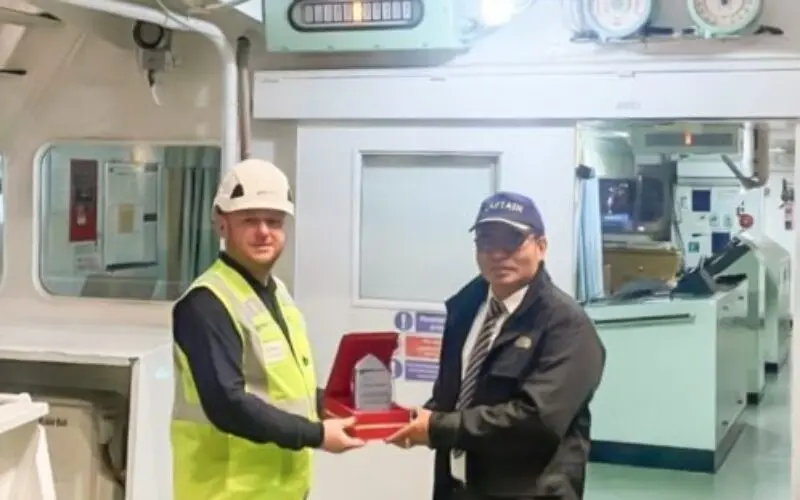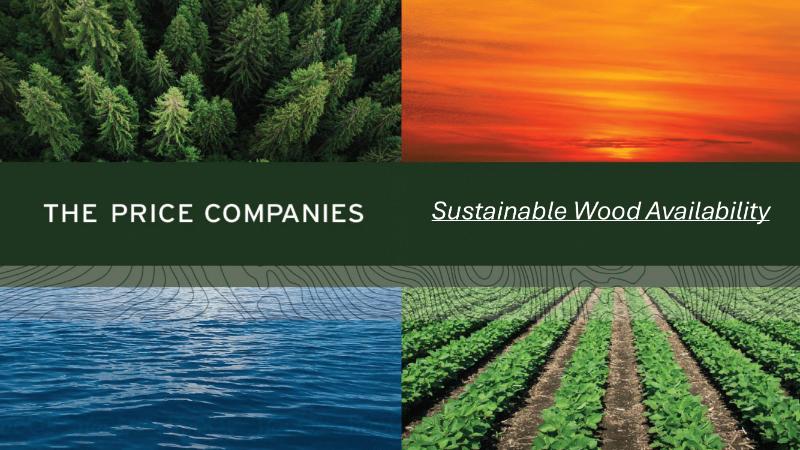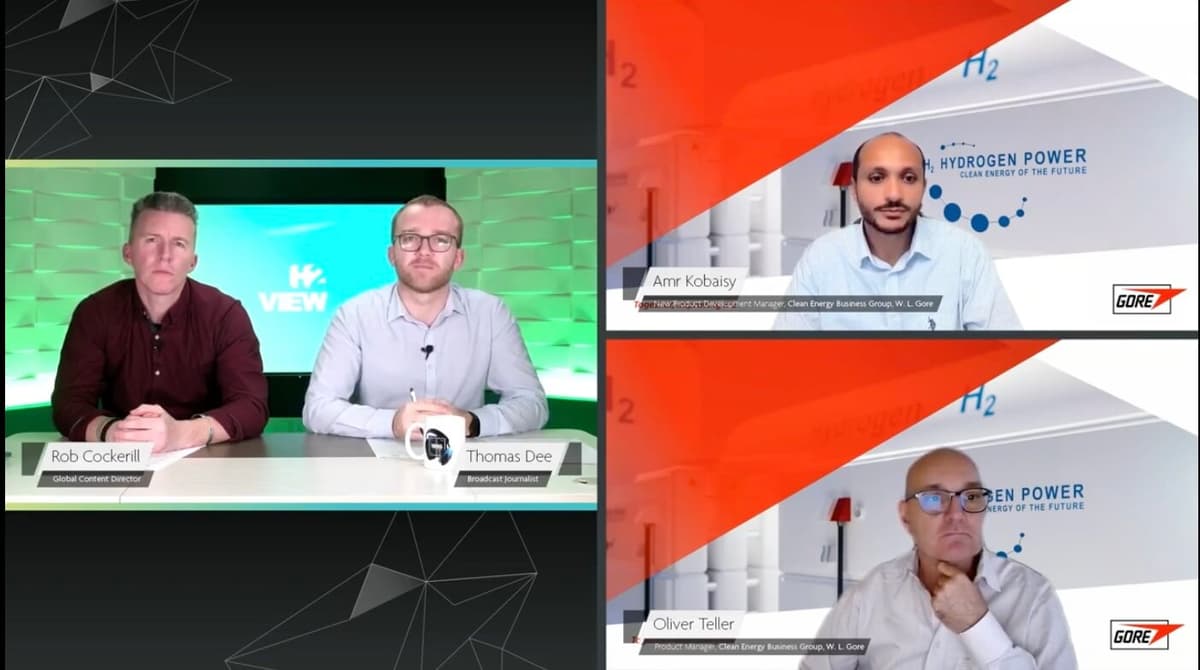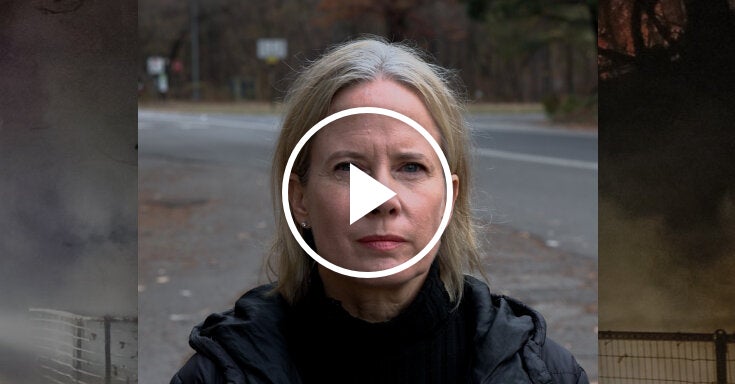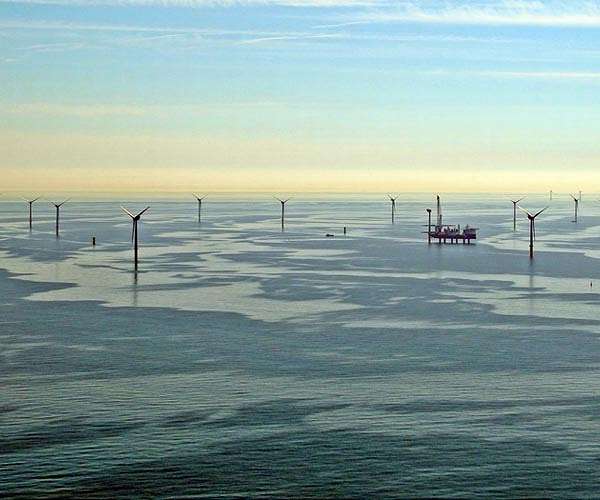
From farm fields to fuel tanks, nearly every industry is in a race to lower their carbon emissions. Navigator CO2’s goal is to create sustainable carbon solutions for industries of all kinds by building the carbon capture, utilization, and storage (CCUS) infrastructure necessary to not only meet these initiatives but also create value for new uses of carbon.
Heartland Greenway, Navigator’s CCUS platform, will have the ability to transport up to 15 million metric tons of carbon dioxide annually from Midwest value-added processors, including ethanol producers. With various on- and off-ramps, this dynamic system will help shippers manage carbon emissions using versatile market access to both permanent geologic storage and terminal off-takes across the footprint. Construction of the project is planned to start in 2024 after necessary federal, state, and local permits have been granted. According to Navigator, the construction phase will create over 9,000 construction jobs across the Midwest. Navigator has also formalized their commitments to hiring local skilled professionals for construction, restoration, and operations.
Manufacturers across the Corn Belt will gain access to efficient, economical bulk liquid carbon dioxide, which can be used for applications like dry ice, beverage carbonation, or food preservation. Additionally, pipeline customers like ethanol producers would be able to reduce their carbon intensity, offering an even greener fuel option as our country looks to achieve net zero emissions by 2050. These projects can also lend themselves to being a critical supply chain solution for next-generation industrial applications using CO2 as a feedstock in place of hydrocarbons.
“It is critical to Midwestern economies to keep our value-added ag processors competitive in an increasingly global marketplace. Much like farmers did decades ago when they pooled their resources and ideas to create innovative solutions to build demand for corn,” said Elizabeth Burns-Thompson, Vice President of Government and Public Affairs at Navigator. “These plants are no longer just turning grain into fuel, they have continued to optimize, refine, and further develop additional value-added markets for their co-products. We are partnering with these same innovators to advance local biorefineries into their next phase, so they can continue to bring value back to farms, like the one I grew up on, for generations to come.”
As policymakers debate carbon reduction strategies in our nation’s clean energy transition, we are grateful to have the team of experts at Navigator CO2 as part of our organization. Learn more about their CCS plans at www.navigatorco2.com.

